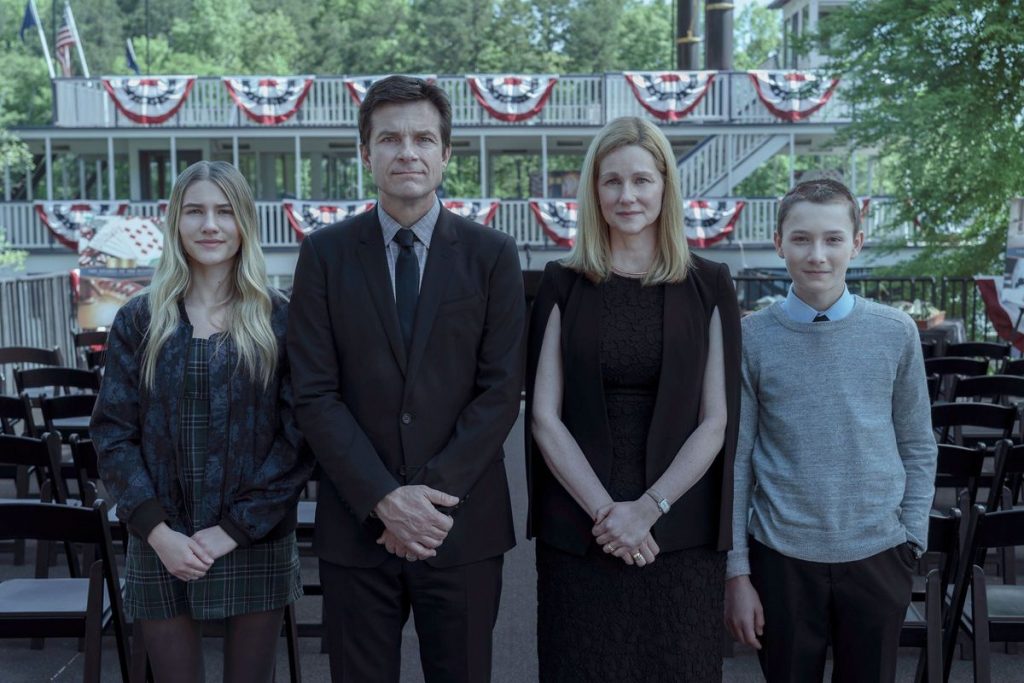Chris Cutrone, Douglas Lain and Ashley Frawley discuss whether we can reinvent the “revolutionary subject” in this post-postmodern era.
Chris Cutrone with Doug Lain on Freud and Adorno (video and audio recordings)
Chris Cutrone and Douglas Lain start to discuss Cutrone’s essay “Adorno and Freud” but, before they can really begin, they have to clear up a few issues about Lacan, Structuralism, and Heidegger.
“Adorno and Freud” by Chris Cutrone: https://platypus1917.org/2010/06/10/a…
Chris Cutrone on Sublation Media Halloween stream (video and audio recordings)
Chris Cutrone joins the Sublation Media Halloween stream with Doug Lain and Aflie Bown at 55:00 and talk about film and psychoanalysis for 15 minutes and then the Ukraine war, economics, politics, and a Marxist perspective for 45 minutes, based on Cutrone’s article in The Platypus Review from earlier this year:
https://platypus1917.org/2022/04/01/ukraine-more-of-the-same/
Chris Cutrone with Doug Lain on cultural criticism and postmodernism (video and audio recordings)
Chris Cutrone discusses with Doug Lain of Sublation Media issues of Marxist cultural criticism via Adorno on immanent and transcendent critique, popular phenomena, and postmodernism and historical specificity.
Chris Cutrone’s writings referenced:
“Bourgeois heroes,” on the Ozark TV series:
https://compactmag.com/article/bourgeois-heroes
“In defense of the Star Wars prequel films”:
Ihttps://www.sublationmag.com/post/in-defense-of-the-star-wars-prequel-films
Chris Cutrone discusses Star Wars Prequels with Sublation Magazine (video and audio recordings)
2-part audio recording:
Chris Cutrone with Douglas Lain, Ashley Frawley, Spencer Leonard, Stefan Bertram-Lee and Djene Bajalan, discuss Cutrone’s article “In Defense of the Star Wars Prequel Films: Are the Star Wars prequels among the last authentic films in history?” published in Sublation Magazine on August 19, 2022.
Ihttps://www.sublationmag.com/post/in-defense-of-the-star-wars-prequel-films
In Defense of the Star Wars Prequel Films (audio recording)
Are the Star Wars prequels among the last authentic films in history?
Chris Cutrone

Chris Cutrone reads his article “In Defense of the Star Wars Prequel Films: Are the Star Wars prequels among the last authentic films in history?” published in Sublation Magazine on August 19, 2022.
Ihttps://www.sublationmag.com/post/in-defense-of-the-star-wars-prequel-films
Bourgeois Heroes: Ozark (audio recording)
Chris Cutrone with Theory Pleeb on Lenin and Adorno (video and audio recordings)
Chris Cutrone is back to answer the pleeb’s questions in Why Lenin and Adorno? Chris Cutrone is the founder of Platypus Affiliated Society and he thinks that for there to ever be a Left again there are certain lessons we must learn from Lenin and Adorno. We’re going to try to figure out what that is in this stream.
Chris Cutrone with Doug Lain on Debord, Lenin, Adorno and Marxism on history (video recording)
This week’s Pop the Left was set up as a conversation about Guy Debord and the errors of the Situationist Internationale but ended up being a conversation about the sexual revolution, Roe vs. Wade, and the question of the party. As always, Chris Cutrone pushes against the current limits of “left” politics on this week’s Pop the Left.
Chris Cutrone with Doug Lain on art and capitalism (video and audio recordings)
Chris Cutrone of the Platypus Affiliated Society joins Douglas Lain of Diet Soap/Sublation Media to discuss Clement Greenberg’s 1939 essay “Avant-Garde and Kitsch.” This is a follow up to the 2/3/22 Critical Cuts video “Are NFTs Revolutionary?,” but Cutrone also offers a defense of Greenberg, discusses the limits of the SI, and wonders if it’s time for the Left and the working class to “realize the Spectacle.” Cutrone stays past the hour to discuss his art career and how it ended. Are all Marxists secretly would-be artists? Are all artists secretly would-be Marxists?
